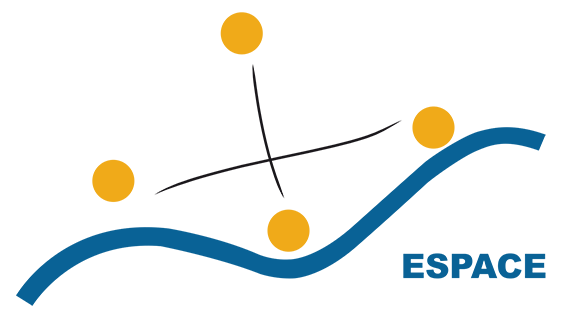Problem of hydrological metrology of low streams and impact on the estimation of water resources
Résumé
To estimate series of water flows, it is required to collect a set of reliable stream measures, as accurate as possible, and to generalize them using continuous water height measurement from immersed sensors. Many methods are used to do so such as gauging by salt for conductivity, velocimeter based on Dopler radar ultrasound to draw the river bed shape or other more complicated methods including conditional information about gauging for high water or even floods and based on learning approaches (e.g. BAyesian RATINg curve analysis or neural networks). An important issue of these methods is their capacity of generalisation, directly linked to the gauging sample size and to the sensitivity of the estimated values of water flows. Indeed, scientists and water resource managers face to a rather prickly paradox: when the water is very high, we miss accurate information to assess the flows due to measurement difficult conditions, when the water is low, since it is easier to get larger samples of measures, any uncertainty or water level variation may strongly impact the water flow estimation. In this paper, we present a short comparative state of the art on these assessment methods and then we focus on the statistical part of the water rating curve which aims to predict the water flows using a non linear fitting function. Drawing corresponding confidence and prediction intervals, it is noticeable that there is a strong uncertainty in the water flows measurements especially in low water conditions. Thus, it becomes almost impossible to estimate the part of "derating" factor due to the local spatial configuration even if we multiply the gauging surveys in the data series in time. We illustrate these results by a set of data collected in the Cévennes, on two locations along the Gardon river in Southern France. We then propose an optimal method to sample jauging points according to statistical constraints and non linear prediction capacity.
Fichier principal
 AYRAL-JOSSELIN-etal-metrology-low-stream-CCW2022.pdf (2.91 Mo)
Télécharger le fichier
CCW2022_EN_AYRAL-etAL-2.pdf (721.35 Ko)
Télécharger le fichier
AYRAL-JOSSELIN-etal-metrology-low-stream-CCW2022.pdf (2.91 Mo)
Télécharger le fichier
CCW2022_EN_AYRAL-etAL-2.pdf (721.35 Ko)
Télécharger le fichier
| Origine | Fichiers produits par l'(les) auteur(s) |
|---|
| Origine | Fichiers produits par l'(les) auteur(s) |
|---|
